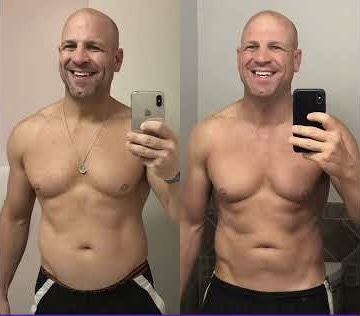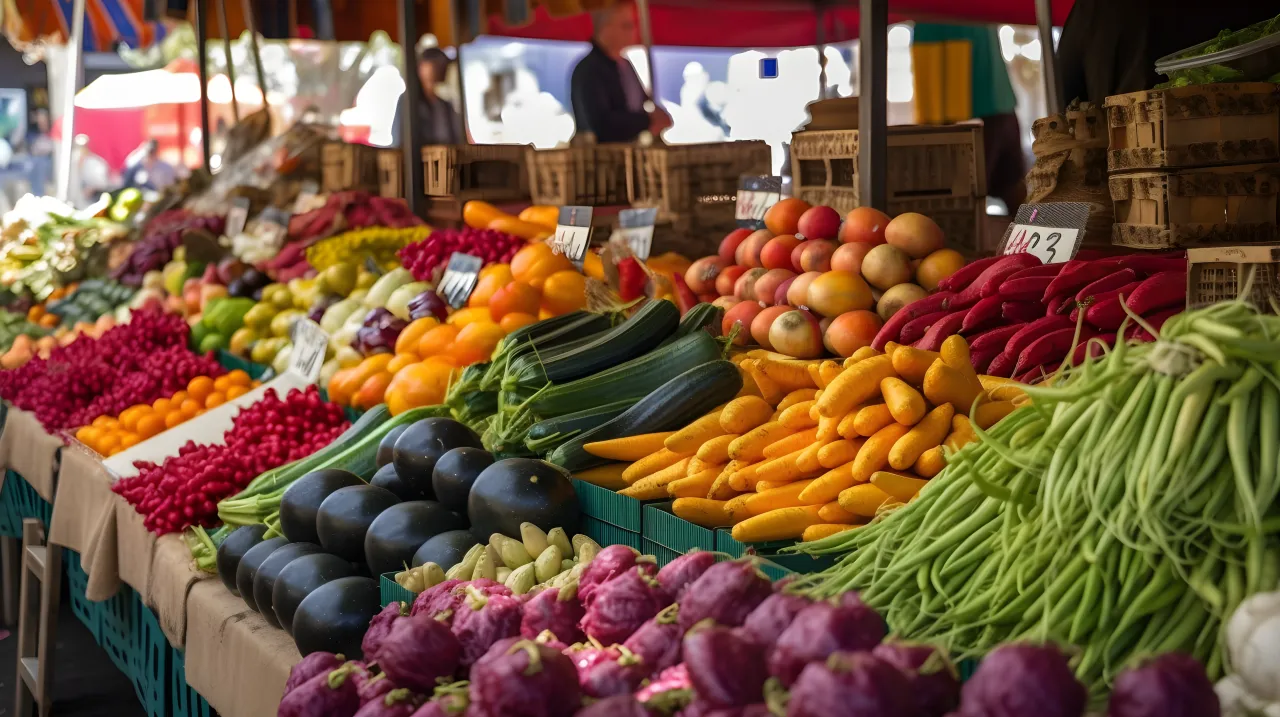Protein is an essential nutrient that plays a crucial role in maintaining and repairing tissues, supporting immune function, and promoting overall health. It is important in the diet for several reasons: Protein is a vital component of every cell in the body and is involved in various functions, including the formation of enzymes, hormones, and antibodies. Protein is essential for tissue repair and growth, making it particularly important for individuals engaging in physical activity and exercise. Protein can help regulate appetite and promote a feeling of fullness, which may aid in weight management.
There are different types of protein sources, including animal-based and plant-based options. Animal-based proteins include meat, poultry, fish, eggs, and dairy products. These sources provide all the essential amino acids required by the body. Plant-based proteins can be obtained from legumes, nuts, seeds, soy products, and whole grains. While plant-based proteins may lack one or more essential amino acids, combining different plant-based protein sources can help ensure a complete amino acid profile.
As we age, protein becomes even more important due to the natural loss of muscle mass and strength known as sarcopenia. Consuming an adequate amount of protein can help preserve muscle mass, support muscle repair, and prevent muscle loss. Regular resistance exercise, in combination with an appropriate protein intake, is also beneficial for maintaining muscle mass and strength as we age.
The role of eating protein can be beneficial for both weight loss and weight gain. Here’s how:
Weight Loss:
Protein has a higher thermic effect of food, meaning it requires more energy to digest, absorb, and process compared to fats and carbohydrates. This can increase your calorie expenditure and help with weight loss. Protein can help increase satiety and reduce hunger, leading to a decrease in overall calorie intake. Protein also helps preserve lean muscle mass during calorie restriction, which is important for maintaining a healthy metabolism and preventing muscle loss while losing weight.
Weight Gain:
Protein is essential for muscle growth and repair. Consuming an adequate amount of protein can support muscle development and help with weight gain, particularly in the form of lean muscle mass. Protein can increase satiety and promote a feeling of fullness, which can prevent excessive calorie intake from other sources and promote weight gain in the form of muscle rather than fat. Protein consumption can optimize the recovery process after intense workouts, facilitating muscle repair and facilitating a growth phase.
So how much protein do you need?
The recommended protein intake for adults, including those aged 40 and above, varies based on factors such as gender, lifestyle and activity level.
For adult males aged 40 and above, the average recommended daily protein intake is around 56 grams per day. Similarly, adult females aged 40 and above are recommended to consume around 46 grams of protein per day.
To get closer to your personal need, you can use a formula that takes your gender, weight and lifestyle metrics into account. Here is a general guideline for estimating protein intake:
For Sedentary Individuals:
– Men: 0.8 grams of protein per kilogram of body weight.
– Women: 0.8 grams of protein per kilogram of body weight.
For Active Individuals or Athletes:
– Men: 1.2-2.0 grams of protein per kilogram of body weight.
– Women: 1.2-2.0 grams of protein per kilogram of body weight.
What are some good sources of protein?
Animal Sources:
- Chicken breast
- Turkey breast
- Lean beef (such as sirloin or tenderloin)
- Fish (such as salmon, tuna, or cod)
- Eggs
- Greek yogurt
- Cottage cheese
- Milk
- Cheese (such as cheddar, mozzarella, or Swiss)
- Lean pork (such as tenderloin or loin chops)
Vegetable Sources:
- Lentils
- Chickpeas
- Black beans
- Quinoa
- Edamame
- Tofu
- Tempeh
- Spinach
- Broccoli
- Peas
Dairy Sources:
- Greek yogurt
- Cottage cheese
- Milk
- Cheese (such as cheddar, mozzarella, or Swiss)
Non-Dairy Sources:
- Soy milk
- Almond milk
- Plant-based yogurts (such as coconut or almond milk yogurt)
- Tofu
- Tempeh
Supplements:
- Whey protein powder
- Plant-based protein powder (such as pea protein or hemp protein)
So don’t forget about your protein! Adults aged 40 and above should aim to consume an appropriate amount of protein based on their gender, activity level, and individual needs. Protein is essential for various functions in the body and becomes increasingly important as we age to counteract muscle loss and to keep our bodies performing. Including a variety of protein sources in the diet, both animal-based and plant-based, can help meet the body’s protein requirements.






